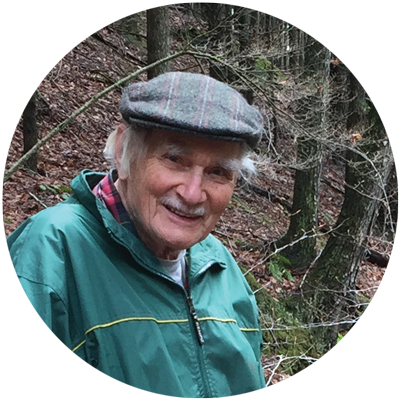Home > Climate News >
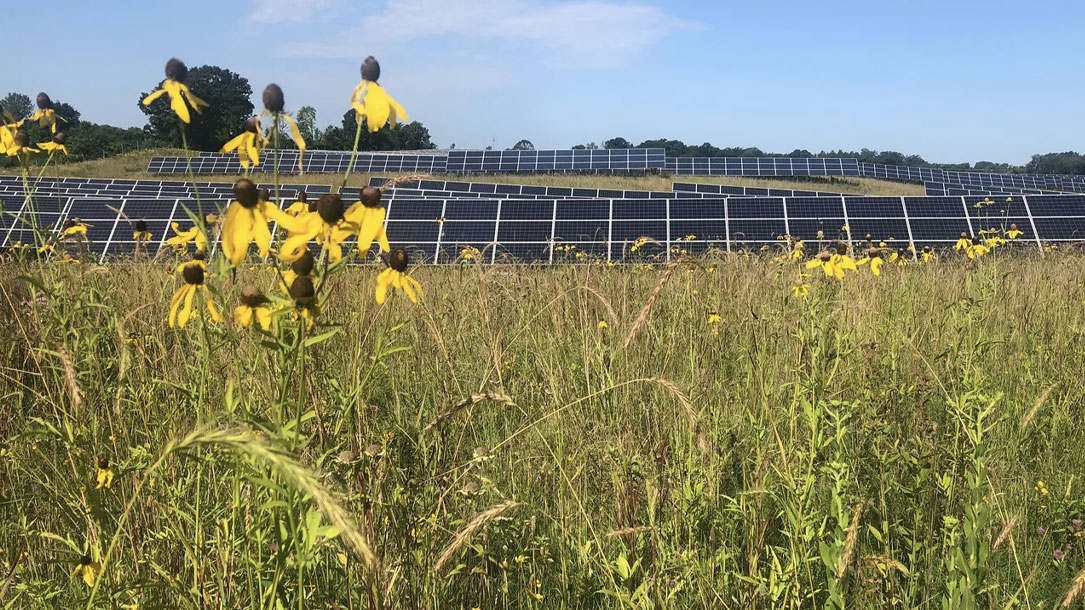
Purdue entomologist, green groups laud solar farm for native ground cover plan
Julie Borgmann, director of Muncie-based Red-tail Land Conservancy, spoke in favor of the pollinator-friendly provisions at several meetings of county government and also collaborated with the other supporters, including the Hoosier Environmental Council.
In an interview, she noted that, while it’s taken her land trust two decades to protect 2,700 acres of land in East Central Indiana, “this single solar farm” can “really have a huge impact on habitat for bugs, birds…and it goes on down the (ecosystem) line.”
Brock Harpur, an assistant professor of entomology at Purdue, called the new ordinance “a massive step forward for pollinator conservation in this state”…
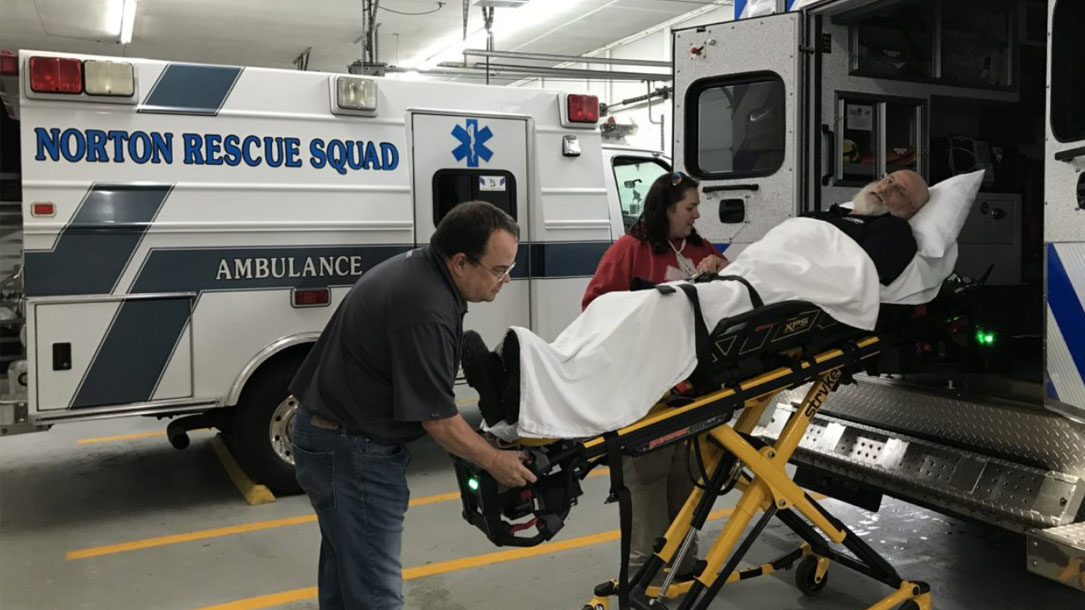
Appalachian solar advocates continue efforts despite setbacks, pandemic
A solar workgroup is retooling its approach and hopeful that Virginia’s new clean energy law will help overcome obstacles…
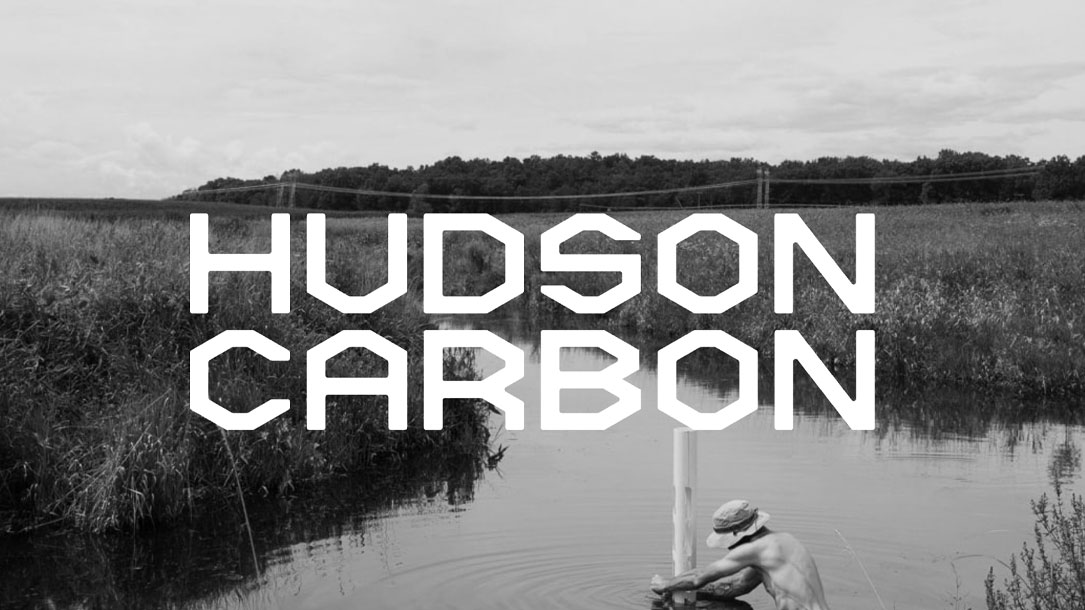
A new marketplace for carbon capture
Hudson Carbon is an on-farm soil laboratory. We study how organic regenerative farming can maximize carbon capture and restore ecosystems.
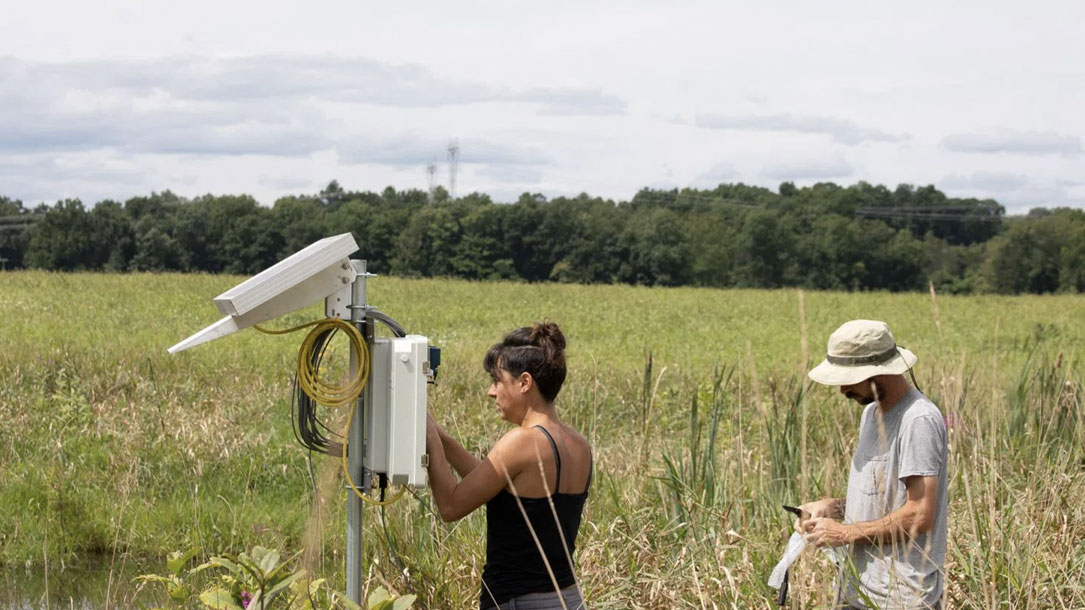
Farmers on the front lines of climate change
Housed at Stone House Farm in Columbia County, NY, Hudson Carbon is emerging as one of the most ambitious testing grounds for carbon farming in the country. Soon to launch an e-commerce carbon offset market—with Stone House as its pilot—Hudson Carbon’s ultimate goal is to enable regional farmers to receive just compensation, not only for carbon sequestration practices, but for a full range of ecosystem services.
It employed a set of complementary regenerative agriculture practices with the goals of reducing tillage; maximizing soil cover to enhance photosynthesis; increasing beneficial insects, plant, and microbial biodiversity; improving nutrient cycling; increasing water efficiency and infiltration; integrating pastured animals; and increasing carbon stock above the soil level through agroforestry techniques…

Cultivating communities where people and nature thrive together
The Community Ecology Institute (CEI’)s Climate of Hope project includes three innovation areas, described below: 1) Climate Aware Agriculture featuring Renewable Energy Integration; 2) Cultivating Climate Victory Gardens; and 3) Community Climate Change Education…
Climate of Hope will offer accessible, science-based, action-focused climate change education for the community. [They] offer eight community events at [their] farm on a range of topics from climate victory gardening (and the associated carbon-capturing practices), to composting, energy efficiency, community solar, and more.
[They] also offer customized offsite presentations to eight diverse community organizations including HOAs, faith organizations, school groups, and businesses. These events will be designed to inspire participants and provide strategies and tools for sustained positive climate action.
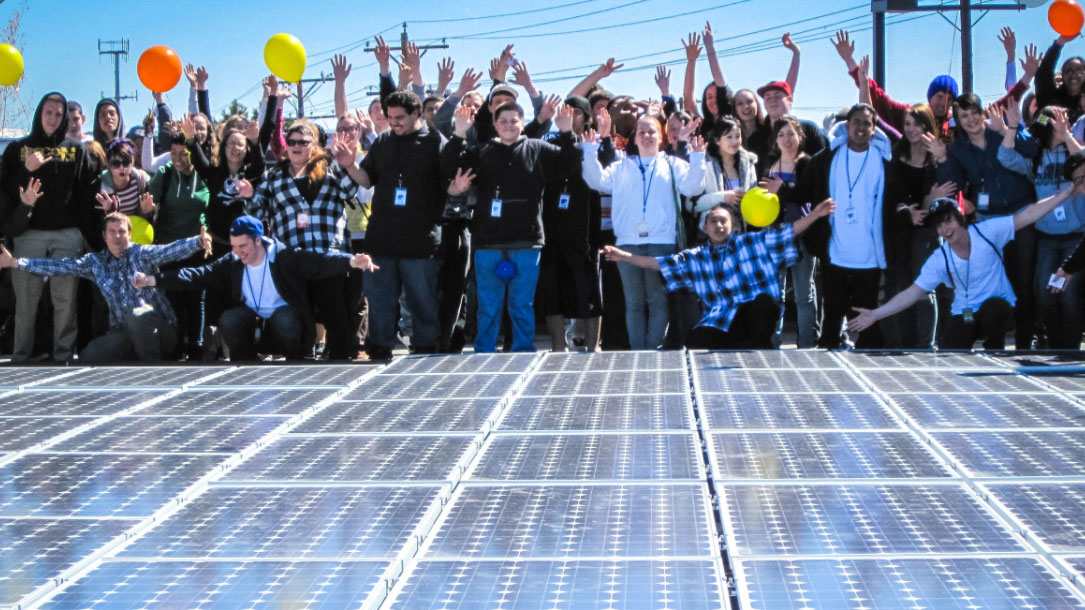
Our energy future
Driftless Area Land Conservancy [DALC] along with dedicated area activists has created Iowa County CLEA-N, Clean Local Energy Alliance—Now. CLEA-N’s mission is to explore options for and engage in initiatives to advance the local ownership and control of a clean energy future in Iowa County, and to lay the groundwork for the creation of an Energy District through which the vision of that future can be realized.
CLEA-N & DALC—Working Hand-in-Hand on Common Goals
Climate disruption affects every aspect of the work at DALC. CLEA-N’s efforts to lower fossil fuel emissions and to sequester excess atmospheric carbon supports DALC’s land conservation work. As this new organization gets off the ground, DALC will be a significant stabilizing and guiding partner…
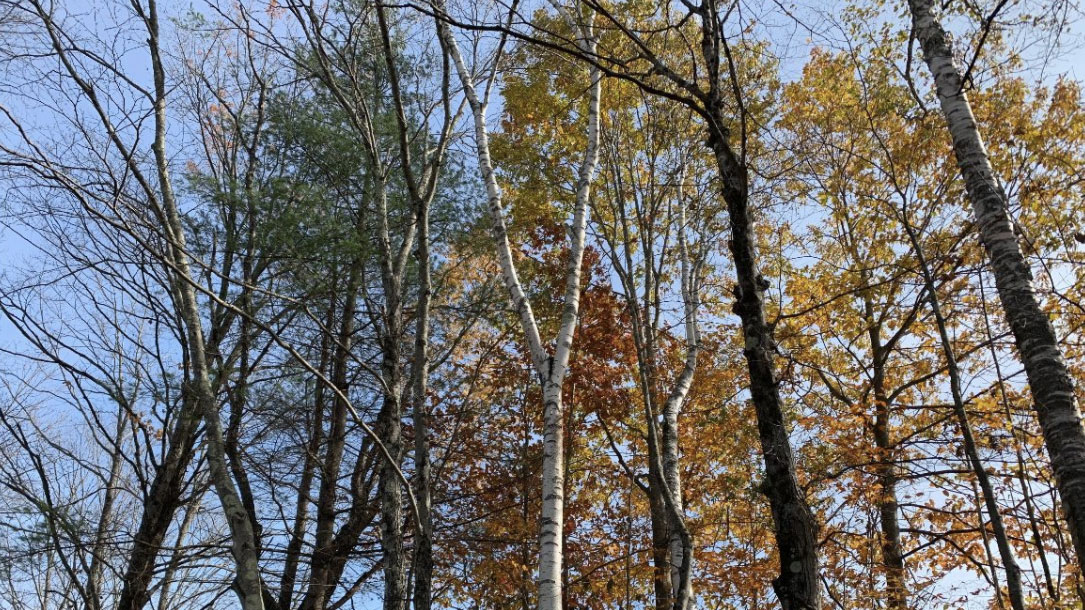
Corporate partnerships in the Family Forest carbon program
The Family Forest Carbon Program, a program created by the American Forest Foundation and The Nature Conservancy, brings together rural family forest owners and companies to address climate change.
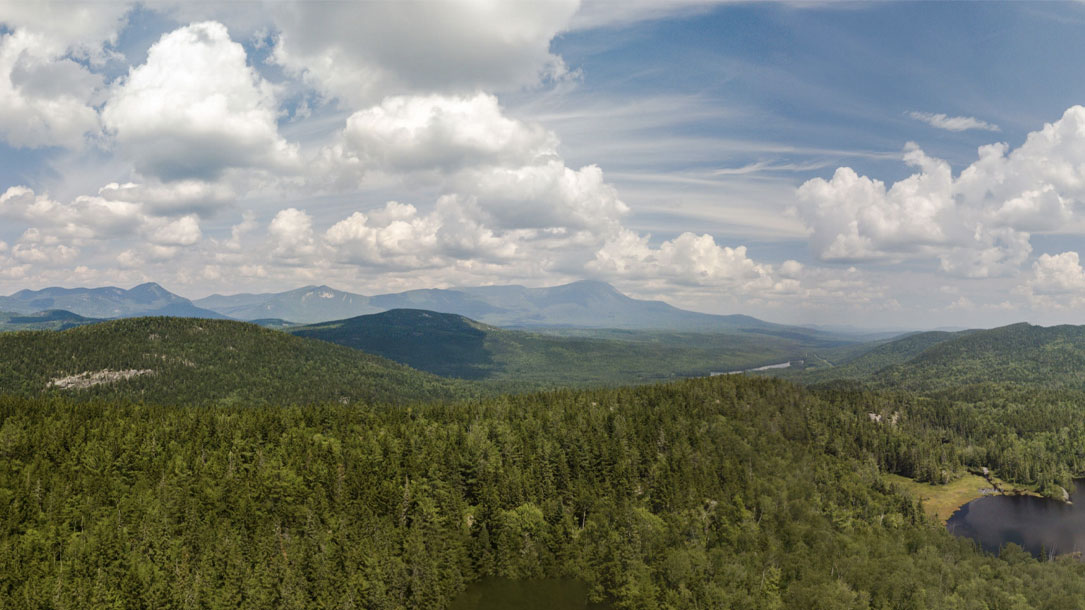
Family forests: An untapped powerhouse in climate change mitigation
[T]he American Forest Foundation and TNC have partnered to develop the Family Forest Carbon Program (FFCP) to remove the barriers smaller landowners often face—carbon market access, lack of forest management expertise, and cost—to help them optimize the carbon storage potential of the 290 million acres of privately-owned U.S. forestland.
Meeting that potential requires helping those individuals and families adopt a science-based approach to take advantage of incentives for specific forest management practices that measurably enhance carbon sequestration. It requires engaging local foresters who have decades of experience working with private landowners.
Through sustainable management, landowners can reduce their expenses by as much as 75 percent…

How art can inspire viewers toward climate action
Land trusts have long worked with artists to elevate the importance of land and water, and to connect with their community. Current examples abound from local art sales, like the Agricultural Stewardship Association’s art show featuring farms and area landscapes, to the New Canaan Sculpture Trail.
Increasingly, with the growing realization of how climate change is the greatest threat to conservation we have yet seen, land trusts are now working with artists to inspire change and action.
One example is the D&R Greenway Land Trust. Back in 2016, the D&R Greenway Land Trust was in its 27th year of preserving and protecting natural lands, farmlands, and open spaces throughout central and southern New Jersey. Their art partnership was focused on raising the profile of climate change on the lands and waters people love—and the need for action.
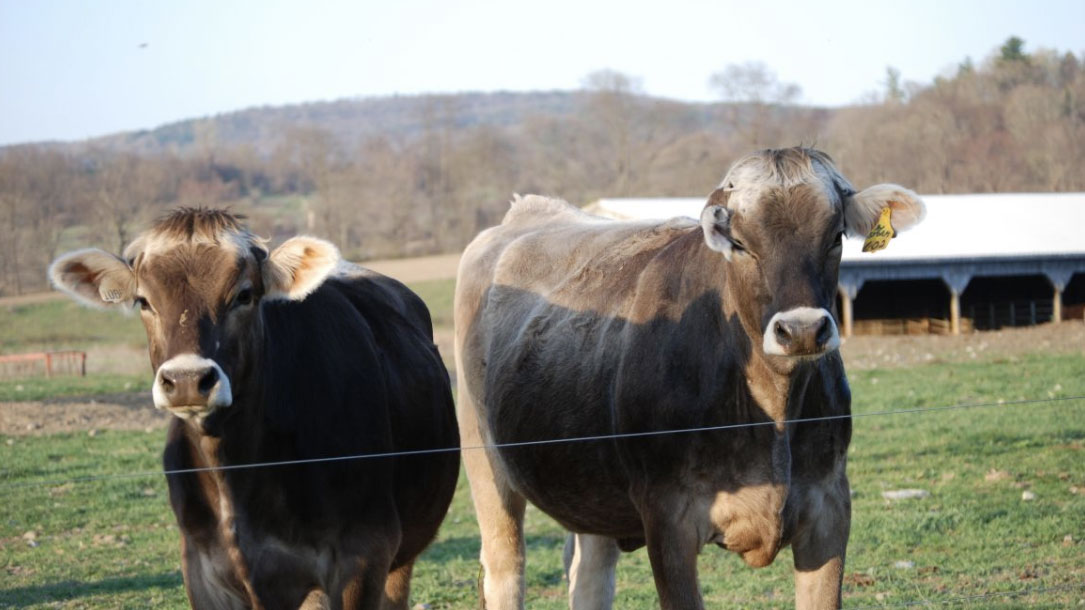
Healthy Soils Grant
A $2 million grant from the USDA Natural Resources Conservation Service (NRCS) has been awarded to the Vermont Land Trust to help farmers implement practices that enhance the health of their soils. The Conservation Innovation Grant (CIG) Program and the On-Farm Trials of NRCS stimulate the adoption and evolution of innovative conservation approaches in partnership with farmers.
The Vermont Land Trust, Biological Capital, and the University of Vermont Extension will work with approximately 25 conserved farms to create, implement, and evaluate practices that enhance the health of soil, including its ability to store carbon. This is the only Vermont-based project to receive CIG funding…
The Vermont Land Trust will provide project oversight, work directly with farmers, and manage…



